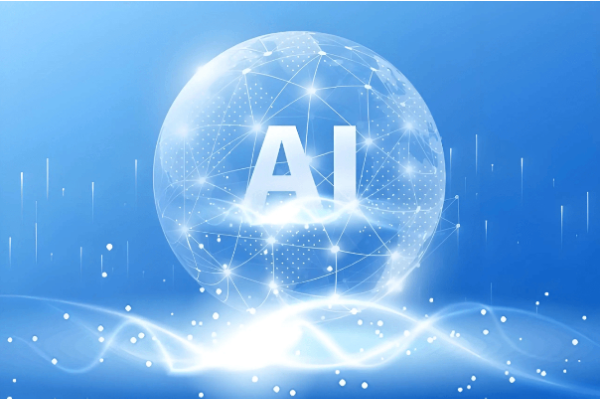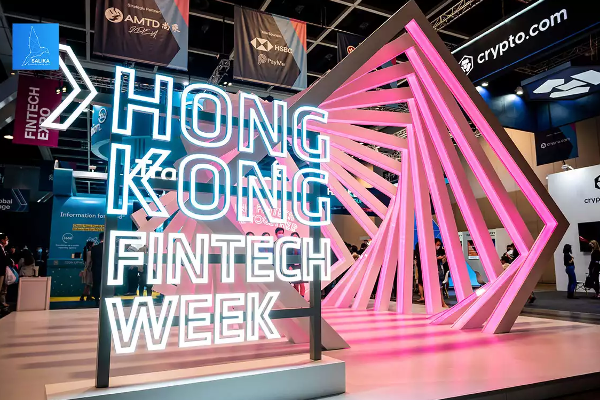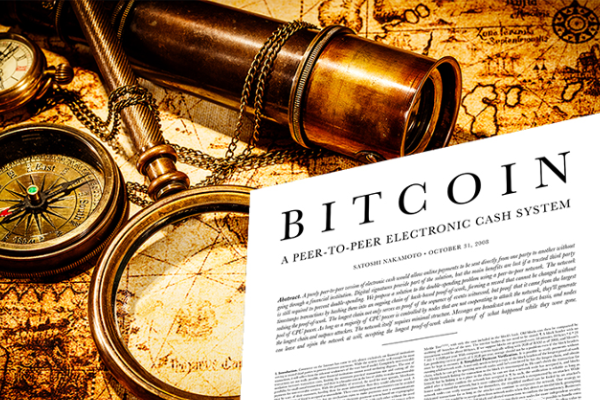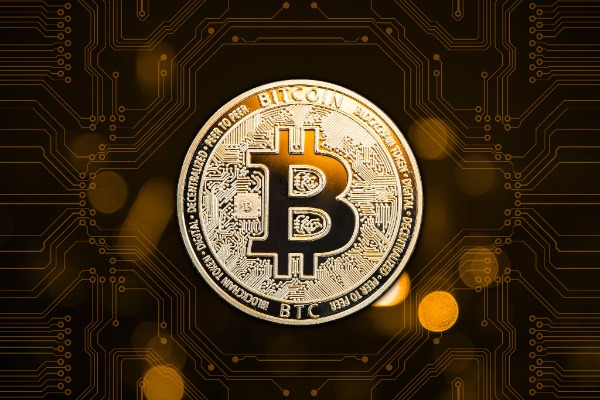What are the different features of blockchain 1.0, blockchain 2.0 and blockchain 3.0?
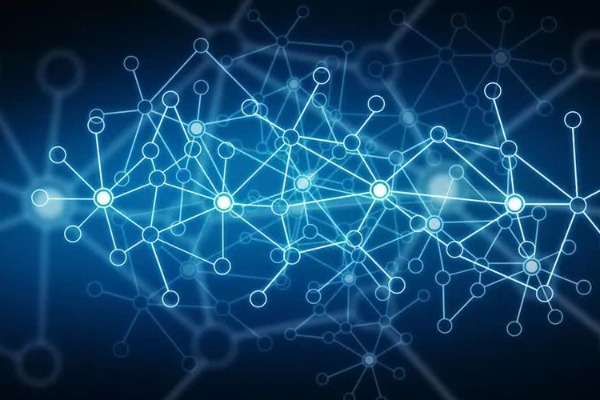
Blockchain 1.0, Blockchain 2.0 and Blockchain 3.0 represent different stages of the development of blockchain technology, and they show different characteristics in many aspects.
The biggest feature of Blockchain 1.0 is that as the underlying technology of Bitcoin, it is a distributed ledger that mainly records transaction information. In a sense, Bitcoin is an application of blockchain. Technically, Blockchain 1.0 adopts the Proof of Work (PoW) consensus mechanism, and the data structure is relatively simple, mainly consisting of blocks, transactions and block headers. Its smart contract function is relatively limited, and the participants are mainly miners and digital currency holders.
Blockchain 2.0 shifts its attention to more application areas, such as smart contracts and decentralized applications (DApps). It is more used in the financial field, such as realizing functions such as equity registration and transfer, to improve the efficiency of bank settlement and payment and reduce the cost of cross-border payments. Blockchain 2.0 has more data structures, such as side chains, lightning networks, etc., and adopts more consensus mechanisms, such as Proof of Stake (PoS) and Delegated Proof of Stake (DPoS). In addition, blockchain 2.0 has a more powerful smart contract function, which can be used to automatically execute various conditions, agreements and rules. Its participants are also more extensive, including enterprises and developers, as well as holders and managers of various digital assets.
Blockchain 3.0 expands the application of blockchain beyond the financial industry to cover the entire life of human society. It aims to achieve self-certification of information, no longer relying on a third person or institution to gain trust or establish credit, so as to achieve information sharing. Blockchain 3.0 is considered to be the core of the value Internet, which can confirm, measure and store the property rights of every information and bytes representing value in the Internet, so that assets can be tracked, controlled and traded on the blockchain.
